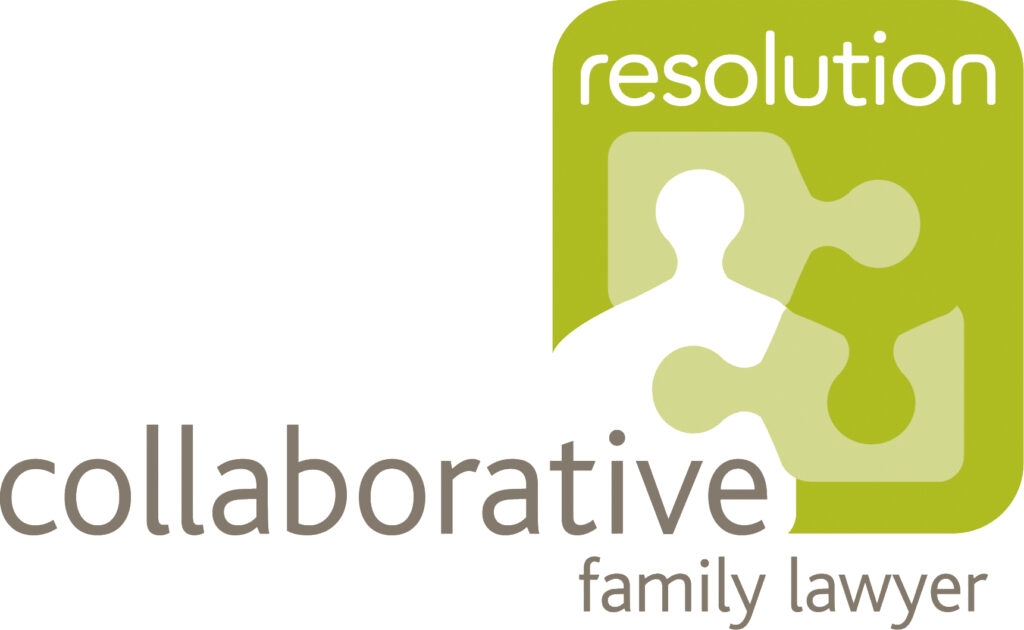Collaborative law is an alternative way for you to sort out issues arising on your relationship breakdown. It enables you and your spouse/ partner to resolve disputes in a non-confrontational way through open discussions supported throughout by your respective collaborative solicitors.
In the collaborative family law process, you and your spouse/partner each appoint your own individual collaborative solicitor. The process requires you to sign an agreement (known as a “participation agreement”) committing you and your spouse or partner to a series of four way meetings (you, your spouse/partner and your collaborative lawyers) and confirming that the participants will do all they can to resolve matters without going to court.
Before the process starts, your collaborative lawyer will prepare you for the collaborative process; establishing your goals, objectives and expectations. These will be set out in an anchor statement which you and your spouse/partner will read out at the start of the collaborative process. Prior to the first four way meeting, the two collaborative lawyers will meet to work out the agenda.
At the end of the process, the two collaborative solicitors will draw up the documents to enable the divorce to be obtained and the financial settlement to be formally recorded in a court order.
If either you or your spouse/partner decide to opt out of the collaborative process and, instead, ask the court to resolve the outstanding issues, then neither of the collaborative lawyers who have been involved can continue to act. Both you and your spouse/partner must then instruct new solicitors.
The collaborative process avoids the expense of litigating through the courts. It allows you and your spouse/partner to reach mutually agreed solutions, supported throughout by your own collaborative solicitor.
Like mediation, the solicitors will guide you so that you can communicate more effectively. Unlike mediation, each lawyer will put your case forward and also give you advice. Often, the advice is given in the meetings so that you can each hear how similar or different each solicitor’s advice is.
Unlike mediation, both collaborative solicitors will have been part of the process and there is less chance therefore of the agreement unravelling when the documentation is drawn up by them.
Collaborative law is particularly effective when negotiating pre and post-nuptial agreements.
You can only collaborate if you both have solicitors who are trained in collaborative law. Therefore if one of you has instructed a solicitor who is not collaboratively trained then you will not be able to use this process.
Why Dawson Cornwell?
At Dawson Cornwell, we refer any client wanting to engage in the collaborative process to our partner Simon Bruce. He is a highly respected lawyer with extensive experience practising collaborative law for the benefit of his HNW clients. Partner Carolina Marín Pedreño is also a Resolution trained collaborative lawyer.
